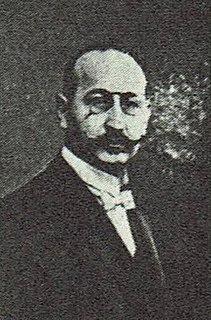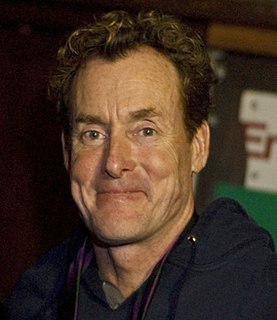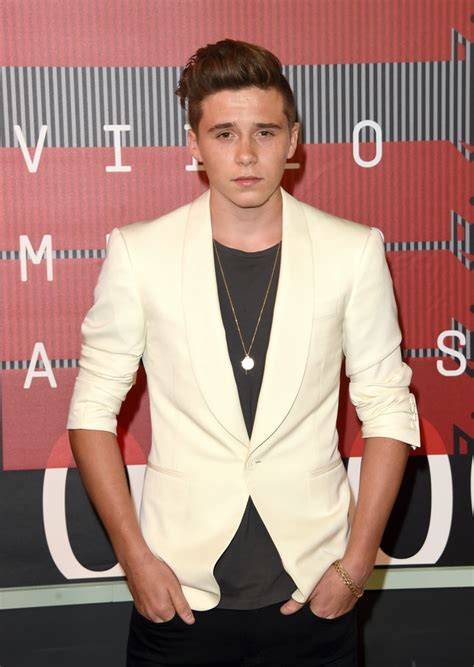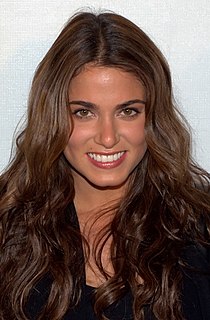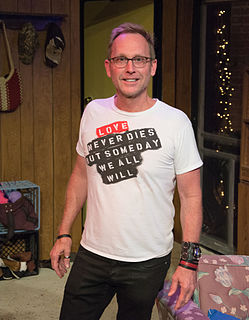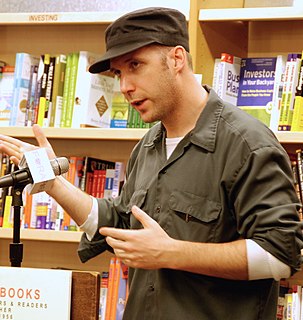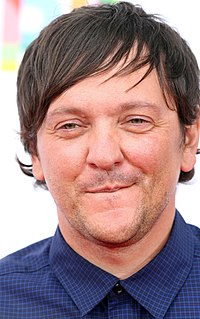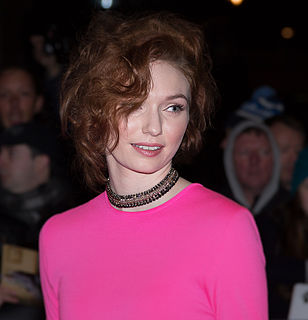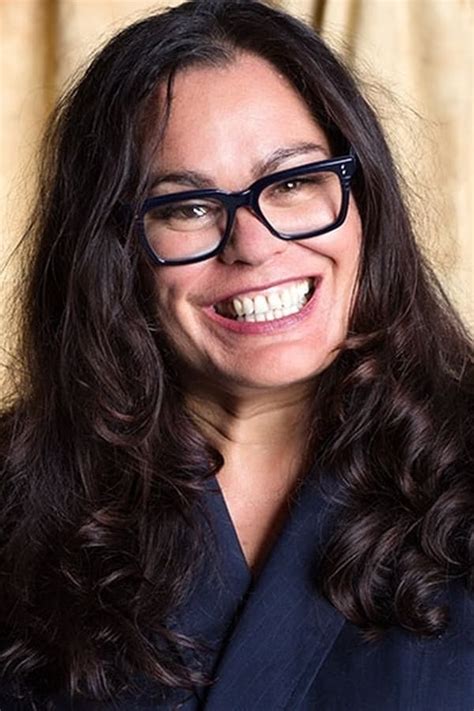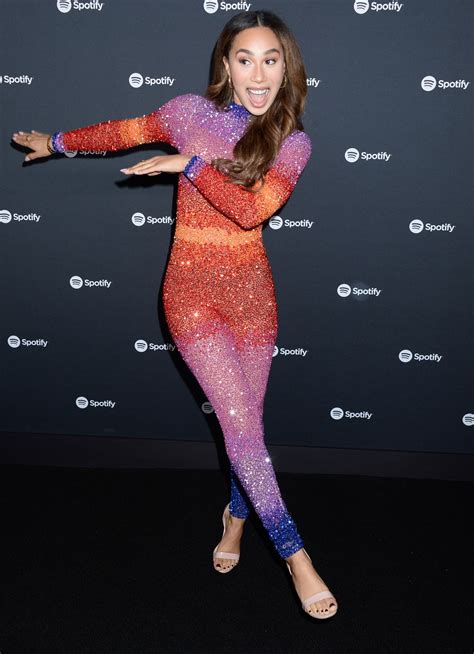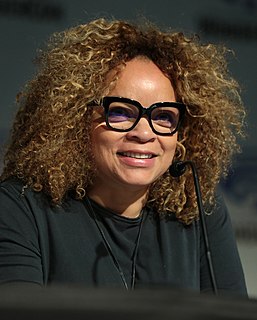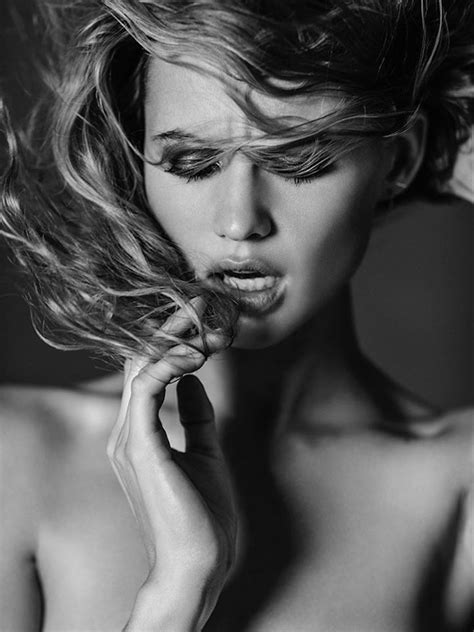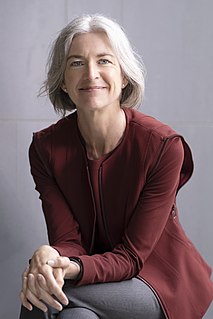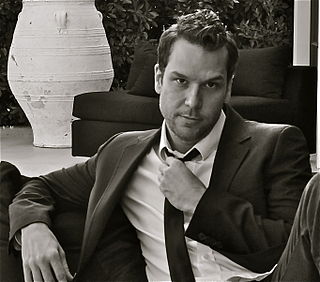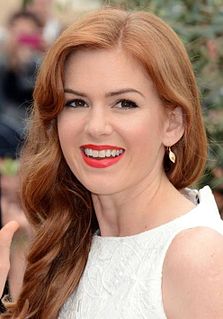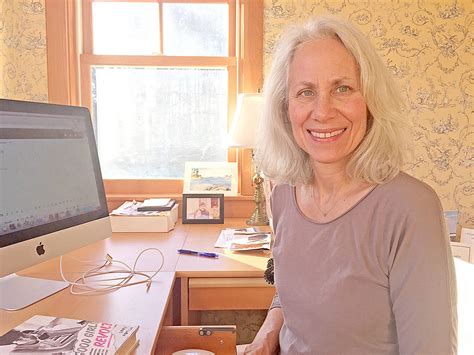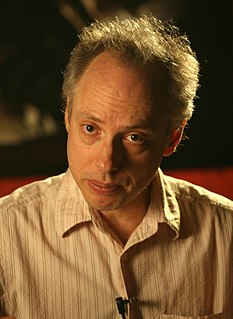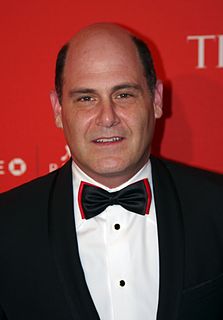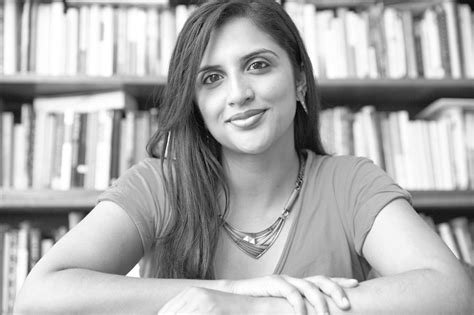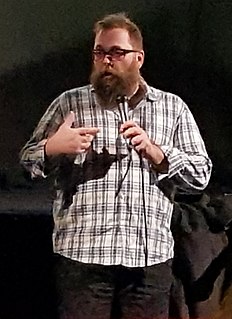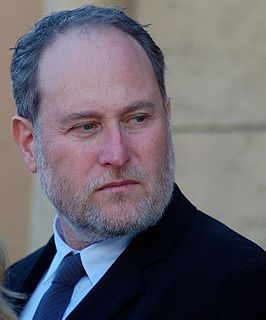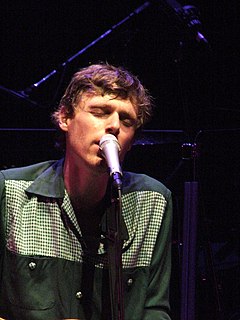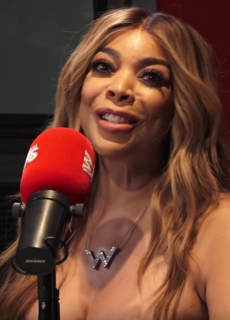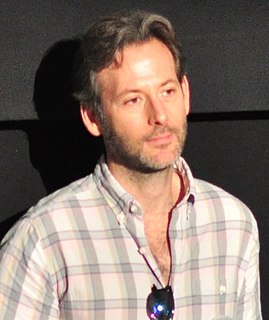Top 858 Editing Quotes & Sayings - Page 11
Explore popular Editing quotes.
Last updated on November 18, 2024.
George Lazenby is no one's favorite James Bond, but for me the anonymity at the center of this lavish production only serves to reveal the Bond machine firing on all cylinders: superb editing and photography, incredible score, great setpieces. The most romantic in the series, and it actually has, of all things, a tragic ending.
In live-action, writing, production, and editing happen in discrete stages. In animation, they overlap - happening simultaneously. This allows a real dialogue to occur between the writer, the director, the actors, and the editor, and it makes the writing process a lot more collaborative and a lot less lonely.
I did an audiobook for 'Rough Crossings,' which I thought was one of the best books I had published. But it was an absolute embarrassment to read it. All these horrible mucked-up bits of syntax, over-the-top adjectives. I found myself editing it while reading. Alert listeners will notice the difference.
Our whole dream for our home was for it to be an artist's haven. So there are paint supplies; there's a piano with a microphone and a recorder right there to capture things right in the second. There's editing equipment. There are cameras. I think the only thing in our house that people would be surprised by is the efficiency.
You collaborate with actors who are also talented and visionary and come together on a artistic direction within the confines of humanity and realism. The collaboration that you have had with all of these people plays an integral role in its final stage where editing and music are combine to enhance your work. This whole process is very rewarding and I wouldn't trade it for anything.
With chemical film, it was possible to alter photographs, but you had to be an expert. That's not true any more. The LA Times fired a photographer at the beginning of the Iraq War for editing two shots together. Photography is crumbling. Certainly it is for the newspapers a bit now, isn't it? There will be painting again, absolutely!
The process of working with the second unit director and basically sharing your workload with another director is such an interesting, delicate thing - and entrusting that person with your vision and making sure that you are not adding a completely different aesthetic to the mix that you don't have to contend with in editing.
There is a kind of structure for a story that was peculiarly compelling for the radio. I thought I had invented it atom-by-atom sitting in an editing booth in Washington on M Street when I was in my 20s. Then I found out that it is one of the oldest forms of telling a story - it was the structure of a sermon.
Music is where I have the most creative freedom, but I love producing. To me, that's kind of where all the action is. You get a chance to have your hands in every aspect of a film. From picking a director, sometimes picking a writer, to the actors, the wardrobe, set design, editing, music, and marketing.
I love being on stage if I'm not on a set. If I'm at home, I'm usually in my office editing or reconstructing my website or whatever it may be. I just love putting creativity into a performance, so if the right script comes along, and I certainly am reading comedies and dramas now, then I'm ready willing and able to give it a shot.
Well, Toronto, I consider to be the birthplace of my films. I've made three films and this is the third one to premiere here in the same theater on the same day at the same time - they are my audience. They're the people that I think about while I'm writing, directing, and editing. I specifically make movies for them.
There were a lot of unique challenges in producing the film, such as the logistical issues inherent in producing a long-term verite film in Pakistan, dealing with Urdu and Punjabi dialogue with an English-speaking editor and all the difficulties in recording, editing and clearing so many music tracks.
I chose to go to Arizona, because it was an opportunity to make something that I've never done. To work with different people and to have a good time when you're recording and to not have the whole thing be some sort of editing process in front of a computer, but to actually try and capture some sort of spirit.
I don't think music affects what words I choose to type in what order, within what punctuation, at this point, because I'm rereading and editing each sentence, at this point, in my published books, probably 100-150 times each, on average, and listening to probably 20-60 different songs in that time.
You never know what you do that could be totally out of left field, which actually might work and give something fresh to the whole scene, to the character, whatever. If you have that with a director who then knows how to shape it, either in the direction, in the moment, or in the editing, then that's good.
In live-action, writing, production and editing happen in discrete stages. In animation, they overlap - happening simultaneously. This allows a real dialogue to occur between the writer, the director, the actors and the editor, and it makes the writing process a lot more collaborative and a lot less lonely.
I am interested in all aspects of filmmaking, so I have an opinion on every aspect, so sound design, score, cinematography, editing - all that stuff I have experience doing myself, so I had a very strong idea of what I wanted, and I got, for the most part, people that were able to articulate that idea, which was nice.




